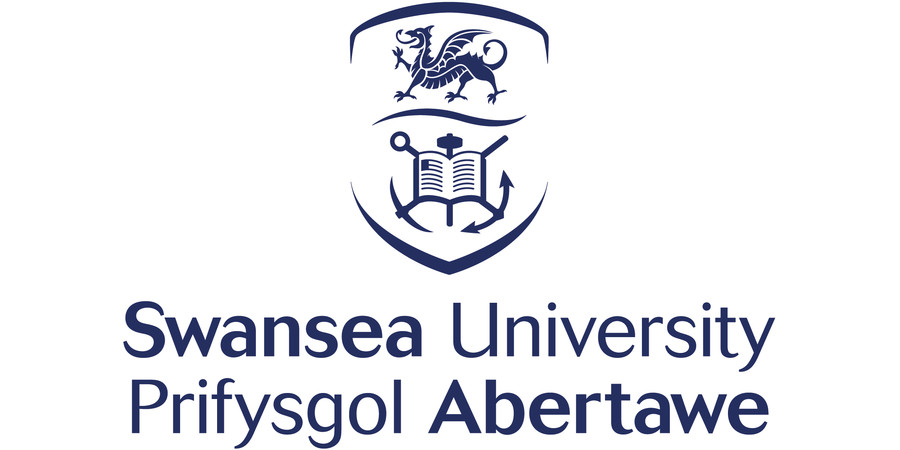PhD Studentship: Mechanical & Civil Engineering: Fully Funded PhD Studentship in Electro-active and magneto-active elastomers for smart vehicle applications
Swansea University - Faculty of Science and Engineering
| Qualification Type: | PhD |
|---|---|
| Location: | Swansea |
| Funding for: | UK Students, International Students |
| Funding amount: | £20,780 per annum |
| Hours: | Full Time |
| Placed On: | 24th July 2025 |
|---|---|
| Closes: | 20th August 2025 |
| Reference: | RS876 |
Motivation: Soft and flexible materials (e.g. polymers, hydrogels) have revolutionised many areas of science and technology ranging from flexible electronics to soft robotics. Scientists now predict that forty years of conventional hard robot technology and shape-flexible systems will imminently be superseded by a new soft robotics era with soft multifunctional materials in which Electro Active Polymers (EAPs) and Magneto-active Polymers (MAPs) have been identified as materials of natural choice. On the one hand, EAPs & MAPs can create large actuation (stretching, bending and twisting) under the action of electric and magnetic fields, on the other hand, they can create extremely shape-shifting structures
Project aims: The main challenge of this project is to synthesise suitable polymeric composites that can have highest actuations under both electric and magnetic fields. In this case, after synthesising polymer composites (e.g., natural rubbers filled with various conductive particles), different sets of samples will be prepared to conduct microscopic and rheological characterisations. Afterwards, further samples will be prepared that will undergo various mechanical tests (e.g., viscoelastic under different strain rates, fatigue-fracture tests etc). Once rheological, microscopic, and mechanical characterisations are done, prepared polymeric composites will be tests for both electric and magnetic actuations under various magnitudes of field activations. These actuation ranges will be planned targeting potential applications in smart vehicles where following targets will be explored, i) change tread pattern (or tread groove depth), ii) aerodynamics by changing the surface texture of sidewall, iii) noise cancelling (vibration), iv) mechanical properties (hardness).
Resources: The PhD student will take advantage of state-of-the-art soft polymer fabrication (3D/4D printing) and characterisation (i.e. electro-mechanical multi-axial testing rigs) equipment and the latest computational simulation software tools developed by the group.
This scholarship covers the full cost of tuition fees and an annual stipend at UKRI rate (currently £20,780 for 2025/26). Additional research expenses will also be available. Funding Duration - 3.5 years
Advert information
Type / Role:
Subject Area(s):
Location(s):









